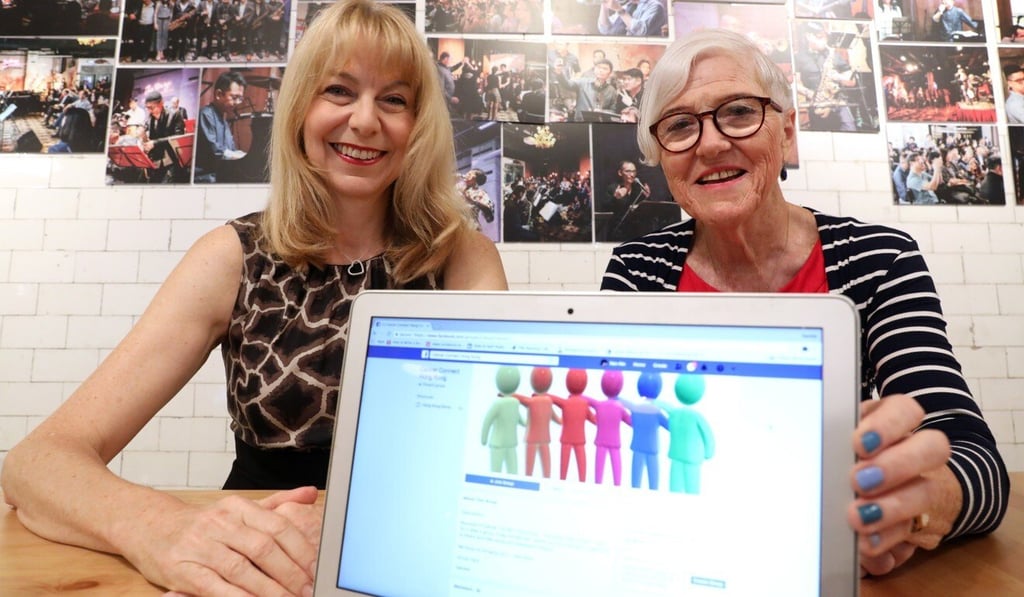Women’s cancer support group in Hong Kong for English speakers helps them cope with the disease
- What if you have cancer in Hong Kong and don’t speak Cantonese? Two cancer survivors who were in that boat set up Facebook group Cancer Connect Hong Kong
- The women help each other with practicalities and anxieties, and offer an emotional lifeline; they also meet socially, and have started a men’s group

In 2013, Teresa Littlewood Basoglu’s world unravelled after a stage-one breast cancer diagnosis. She didn’t know where to turn nor what to expect. The prospect of navigating Hong Kong’s complex health-care system and making countless decisions was daunting.
However, support from strangers became invaluable to the then 49-year-old. A friend put her in touch with Rachael Lawrence, a breast cancer survivor. Breast cancer is the most common form of cancer that afflicts women in Hong Kong. According to the Hong Kong Cancer Registry, one in every 15 women will develop breast cancer before the age of 75.
The two bonded fast. Lawrence dished out emotional support and tips on navigating the city’s health-care system. Importantly, Lawrence gave Basoglu, a British native, a sense of what lay ahead.
“It was so nice to meet someone who had been through it, come out of it on the other side … and looked great,” Basoglu says.

Basoglu’s treatment included radiation therapy and five years of hormone treatments.
“She made me see the light at the end of the tunnel,” says Basoglu, talking about Lawrence’s invaluable support.